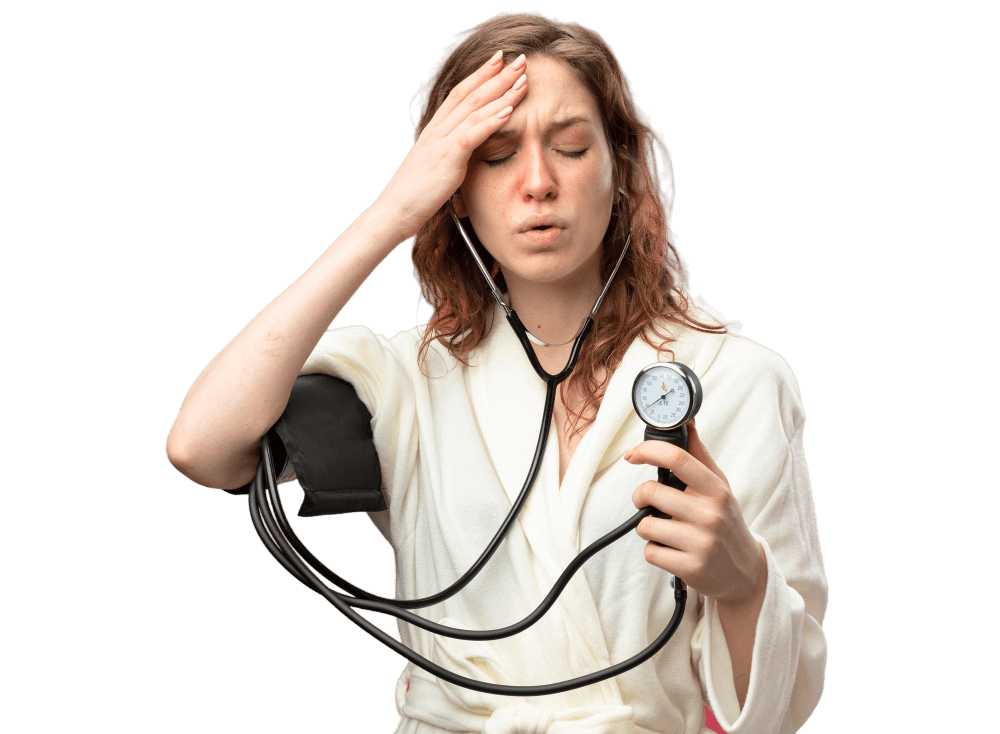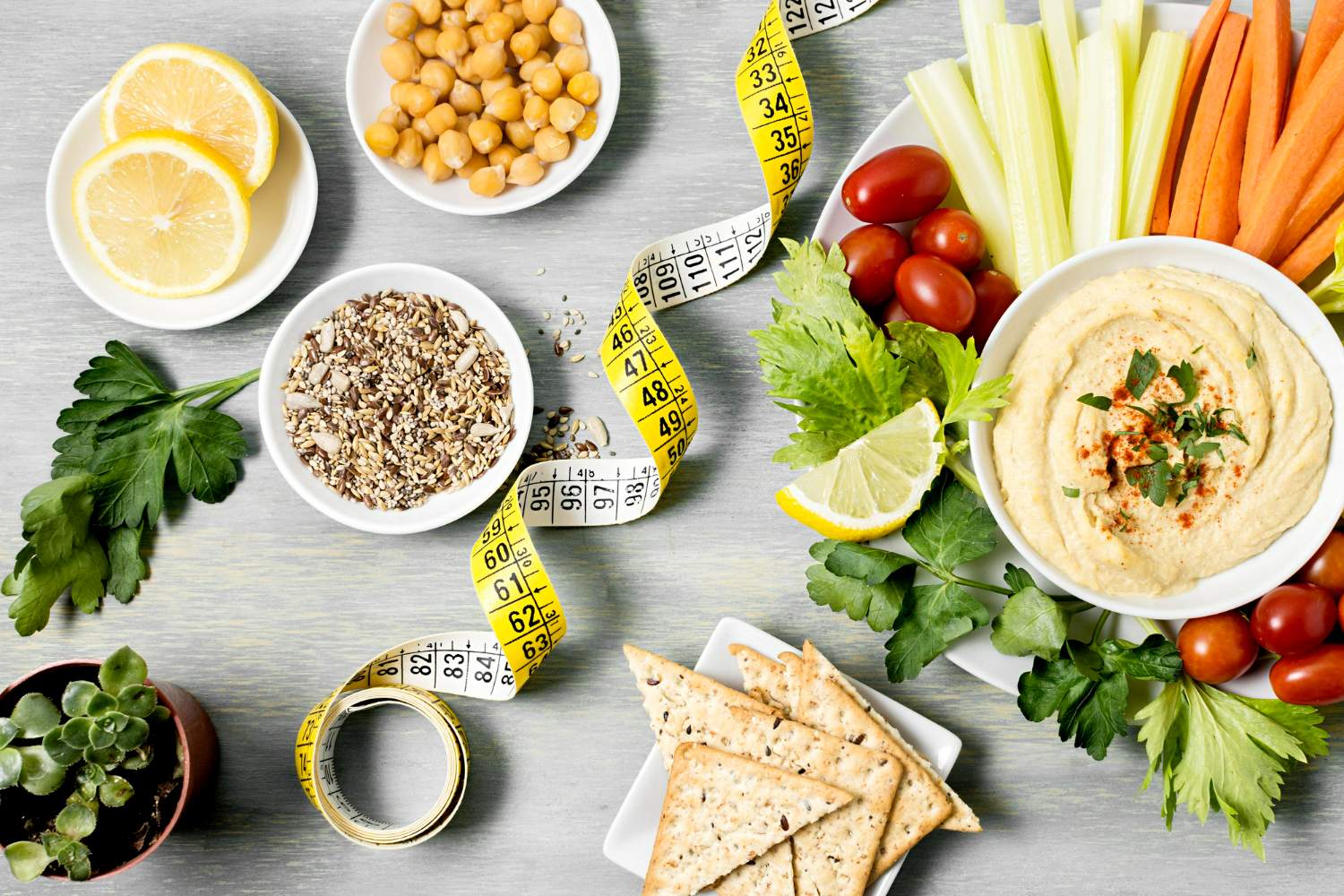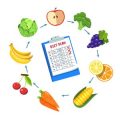Hypertension- The Silent Threat

Hypertension, also known as high blood pressure, is a medical condition in which the force of blood against the walls of the arteries is consistently too high.
Blood pressure is measured using two numbers: systolic pressure, which is the pressure when the heart beats, and diastolic pressure, which is the pressure between beats. Normal blood pressure is considered to be a systolic pressure of less than 120 mmHg and a diastolic pressure of less than 80 mmHg.
Hypertension can lead to serious health problems if left untreated, including heart disease, stroke, kidney disease, and eye damage. Many people with hypertension have no symptoms, so it is often referred to as the silent killer.
It is important for individuals to have regular check-ups with their healthcare provider to monitor their blood pressure and take appropriate steps to manage it.
Decoding Hypertension Signs: Recognizing the Silent Warnings
Let’s explore together the signs of hypertension – high blood pressure – as I, Dietitian Garima Mishra, your online hypertension expert, break down the important things to watch out for. Your well-being is our focus.
Headaches: Some individuals with hypertension may experience headaches, especially at the back of the head.
Dizziness: High blood pressure can cause dizziness or light-headedness.
Chest pain: Chest pain or pressure can be a symptom of high blood pressure.
Shortness of breath: High blood pressure can put extra strain on the heart and lungs, causing shortness of breath, especially during physical activity.
Vision changes: High blood pressure can cause vision changes, such as blurry vision or seeing spots.
Blood in the urine: In severe cases, high blood pressure can cause small amounts of blood to be present in the urine.
Chart a Healthier Course with Your Online Dietitian for Hypertension. Equipped with knowledge about hypertension signs, you’re better prepared for a balanced life. Reach out to me today, and let’s work together for your well-being.
Expert Tips to Lower Hypertension with Dietitian Garima
Discover actionable steps as I, Dietitian Garima Mishra, your online hypertension ally, share valuable tips to help you navigate towards better health and manage high blood pressure.
Increase potassium intake: Potassium can help counterbalance the effects of sodium on blood pressure. Good sources of potassium include bananas, oranges, potatoes, and spinach.
Eat a diet rich in fruits, vegetables, and whole grains: A diet high in plant-based foods has been shown to help lower blood pressure.
Choose lean proteins: Opt for lean sources of protein, such as fish, poultry, and legumes, instead of high-fat meat options.
Limit alcohol consumption: Excessive alcohol consumption can increase blood pressure. It is recommended to limit alcohol consumption to one drink per day for women and two drinks per day for men.
Maintain a healthy weight: Being overweight or obese can increase the risk of developing hypertension. A healthy diet and regular physical activity can help individuals maintain a healthy weight.
Limit caffeine intake: Caffeine can temporarily increase blood pressure, so it is recommended to limit caffeine intake.

Empower Your Heart’s Wellness with Your Online Dietitian for Hypertension. As we explore practical ways to lower hypertension, you’re actively steering towards a healthier future. Reach out to me today, and let’s navigate the path to a heart-healthy life together.
Kitchen's Diet- Best online diet clinic

Expertise
- Trained and competent
- With over a decade in the industry under my belt.
- Received numerous accolades in the fields of healthcare and lifestyle
- Global lifestyle revolution, affecting 5+ countries
- India's go-to nutritionist and lifestyle expert

Diet & Lifestyle
- Tailored Calorie & restriction free diet plans
- No Synthetic Supplements- All Home prepared foods
- No Dieting- Maintain or enhance your present level of health
- Nothing fancy or pricey - Simple Daily meals
- Focused on Nurtition Content- Not Just Calorie Count

Client
- No tricks. No empty assurances or pledges. Prioritize long-term effects
- Get cared like family. Make it a two-way street.
- Help by phone, chat, and email: 9am – 8pm IST (Mon-Sat)
- Diet & Lifestyle Coaching
- Program comes with maintenance plan
A Journey of Success and Empowerment
Your Hypertension Questions...
Answered by Dietitian Garima
Hypertension, also known as high blood pressure, is a condition in which the blood pressure in the arteries is elevated. It is a common condition that affects many people and can lead to serious health problems if not properly managed.
Hypertension often has no symptoms, and many people are unaware that they have high blood pressure. The only way to know if you have hypertension is to have your blood pressure measured regularly by a healthcare provider.
There is no single cause of hypertension, but it can be caused by a variety of factors, including age, genetics, lifestyle habits, and underlying medical conditions.
Hypertension is diagnosed through regular blood pressure readings, taken by a healthcare provider. A diagnosis of hypertension is typically made when a person’s systolic blood pressure (the top number) is consistently above 140 mmHg, or when their diastolic blood pressure (the bottom number) is consistently above 90 mmHg.
Yes, hypertension can be treated through lifestyle changes and medications. This may include losing weight, eating a healthy diet, engaging in regular physical activity, reducing salt and alcohol intake, and taking medications as prescribed.
In many cases, hypertension can be prevented or managed through lifestyle changes, such as eating a healthy diet, engaging in regular physical activity, maintaining a healthy weight, and reducing salt and alcohol intake.
Uncontrolled hypertension can increase the risk of serious health problems, including heart disease, stroke, kidney disease, and eye damage.
In some cases, hypertension can be controlled through lifestyle changes alone, but in many cases, medication is necessary to effectively manage the condition.
There are several types of hypertension medications available, including diuretics, beta-blockers, ACE inhibitors, calcium channel blockers, and others. The type of medication prescribed will depend on a person’s individual medical history and health status.
While lifestyle changes and medication are the most effective ways to manage hypertension, some people may consider alternative treatments, such as acupuncture, yoga, and deep breathing exercises. However, it is important to speak with a healthcare provider before trying any alternative treatments to ensure that they are safe and effective for your individual needs.
You’ll get weekly health tips, blog updates and my best wellness advice, because when you like us stick together, anything is possible.
We swear, we never spam on your mail. Just share and grab the exciting offers.
Download your free Ebook now!
